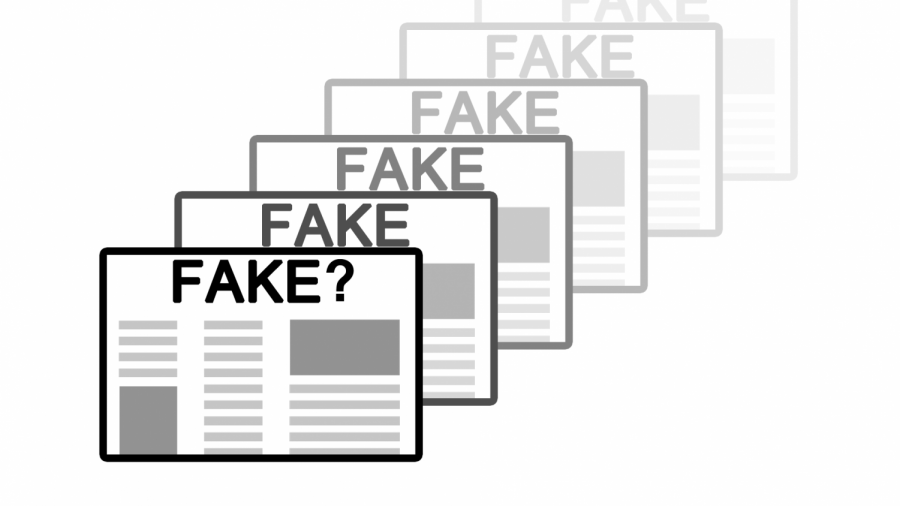Misinformation a greater danger than ever
The fake news, it lurks around every corner. The public must take steps to guard themselves from such a formidable menace.
Misinformation is everywhere. In the age of the internet, bad actors can circulate fake facts faster than ever before. In the face of the COVID-19 pandemic, misinformation can be even more dangerous because people’s lives are at stake.
In order to effectively combat the pandemic, people need accurate information. Medical scientists need information to research and develop cures. Health officials need information to ensure the safety of the public. And, most importantly, everyone needs to be on the same page.
The media is where the public will learn the bulk of what they know about the coronavirus. In recent events, the distrust of the media is quite pervasive. The cry of “fake news” rings in the heads of many Americans. The end result: Many people are left in a state of fear and distrust. Being quick to point the labeling finger, a lax attitude pervades.
When the health and wellbeing of the public is in danger, everyday people need the truth. Fortunately, fact-checking is evergreen.
The truth is that information is always critical, even when there is not a state of panic across the globe. But for many people being able to tell the difference between fact and fiction has been a struggle.
Personal biases can be incredibly dangerous, especially on the misinformation front. Humans tend to seek out facts to confirm their own opinions, which can prevent new ideas.
Also on the list of inherent human qualities posing a threat is fear. Fear makes itself to be a slippery grease lubricating the shady cogs of the misinformation machine. In a time frequently labelled “unprecedented,” it comes as no surprise that fear is now familiar.
Bias can be a harbinger of misinformation. People may think that they are immune to bias, but bias can be subtle and not easily detected.
Fact-checking is the name, ensuring news is truthful and valid through research is the game. A little fact checking can go a long way.
Plus, in the case of COVID-19, information about the disease is brand new, since the virus recently developed. Even worse, the situation is evolving so rapidly, the stream of information is overwhelming. New numbers are coming in every day.
Coordinated efforts to help stifle misinformation also exist during these trying times.
Stuck at home, it is easy to get caught in a narrow mindset. Students are out of school, adults are out of work and many are in the hospital. The resources are out there. It is the responsibility of the public to use them.



